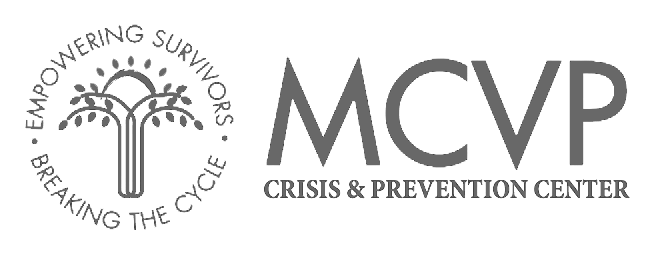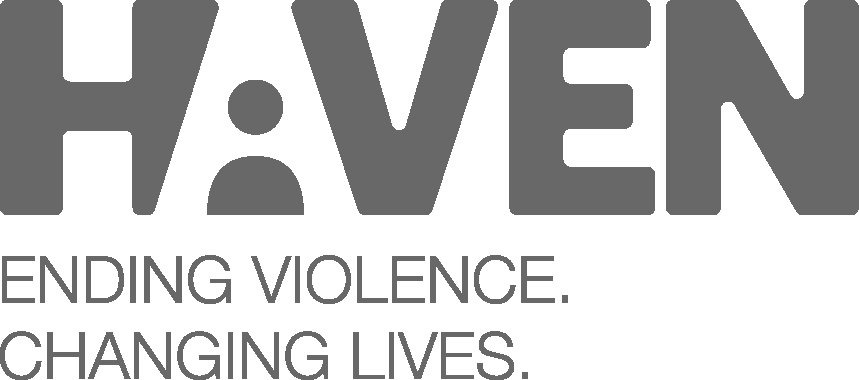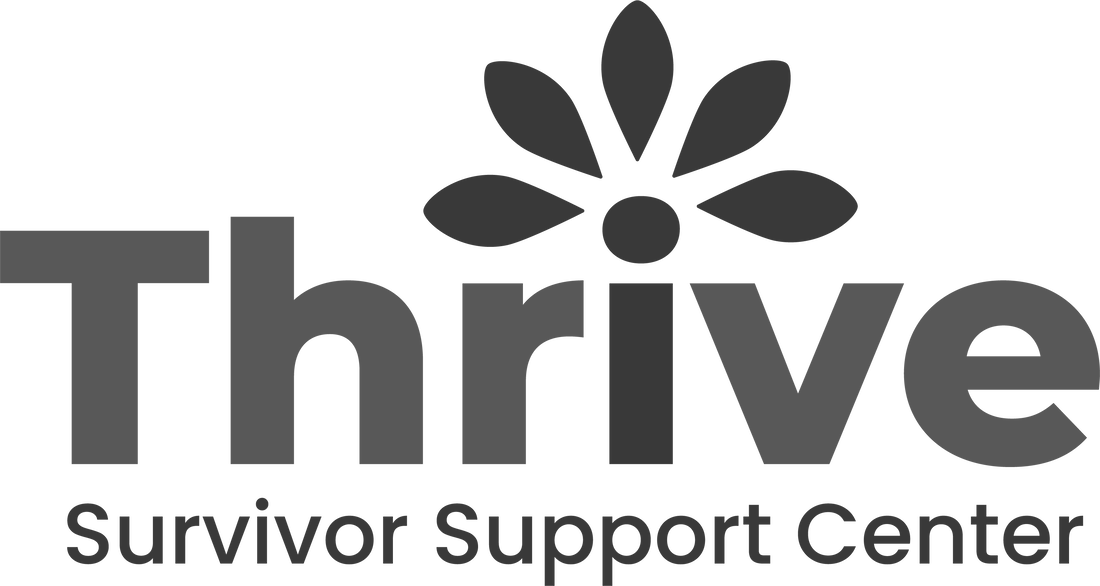GET HELP NOW
|
May 14, 2024
FOR IMMEDIATE RELEASE Media Contact: Alyssa Dandrea, [email protected] Today, New Hampshire is set to join at least 24 other states in the country in enacting critical housing protections for survivors of domestic and sexual violence. By signing HB261 into law, Governor Sununu took an important step to ensure that victims and their children will no longer be forced to stay in a dangerous home. HB261 adds important updates to RSA 540, New Hampshire’s Tenancy Statute, that will allow victims of domestic violence, sexual assault, and stalking to break a lease in the private housing market. This law mitigates both the potential safety and financial risks of both landlords and victims, ensuring that a victim has avenues to leave an abusive situation, while also ensuring that landlords are not unnecessarily burdened by the sudden departure of a tenant. “There are many reasons a survivor may need to break their lease to maintain their safety. Everyday crisis center advocates and legal representatives across the state work with survivors who need support in fleeing violence or creating security within their homes. Advocates and attorneys know and understand that when housing survivors, there are exceptional considerations to be made including safety and confidentiality,” said Rachel Duffy, the Coalition’s Housing and Economic Justice Manager. “On behalf of our clients who are seeking to escape abusive relationships, we appreciate the protection this provides. The last thing survivors need to be worrying about is their housing,” said Dawn McKinney, Policy Director at New Hampshire Legal Assistance (NHLA). Nationally and in New Hampshire, there are similar protections afforded to survivors within public housing under the expanded Violence Against Women Act (VAWA) protections reauthorized in 2022, but these protections do not extend to survivors in private and mainstream rentals. HB261 sets to equalize protections for all survivors in our state and is closely modeled from the protections outlined in VAWA. The Coalition and NHLA worked closely with numerous vested partners in the state, such as 603 Legal Aid’s Fair Housing Team, Survivor Advocates, Landlords, and National Partners (NNEDV). It truly was a collaborative effort, informed by the invaluable contributions of our partners who worked together to craft this substantial and critical legislation. About the Coalition: NHCADSV is a statewide network of 12 independent member programs committed to ending sexual violence, domestic violence, and stalking, through direct services to victims, community education, and public policy advocacy. The NHCADSV and its 12 member programs do not discriminate based on gender, age, health status (including HIV-positive), physical, mental, or emotional ability, sexual orientation, gender identity/expression, socio-economic status, race, national origin, immigration status, or religious or political affiliation. Comments are closed.
|
recent newsArchives
June 2024
|
Our Supporting Partners
The 12 member programs of the New Hampshire Coalition Against Domestic and Sexual Violence provide services regardless of gender,age, health status (including HIV-positive), physical, mental or emotional ability, sexual orientation, gender identity/expression, socio-economic status, race, national origin, immigration status or religious or political affiliation.
Funding for this website was provided by The Corporate Fund.
New Hampshire Coalition Against Domestic and Sexual Violence
PO Box 353, Concord, NH 03302-0353
(603) 224-8893
New Hampshire Coalition Against Domestic and Sexual Violence
PO Box 353, Concord, NH 03302-0353
(603) 224-8893
NH web design by Harbour Light Strategic Marketing

 RSS Feed
RSS Feed












